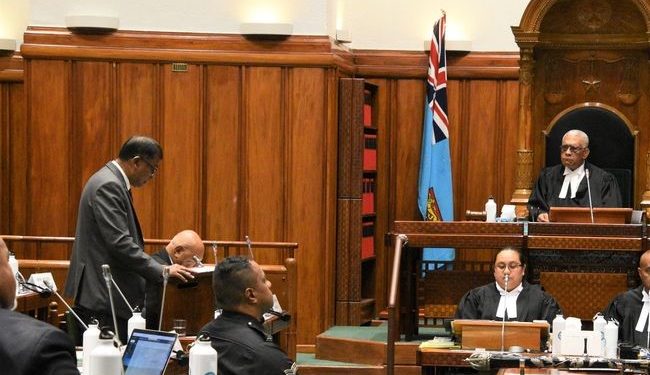In the leadup to the coalition government’s 2023-2024 budget, citizens were warned by Prime Minister Sitiveni Rabuka, Finance Minister Biman Prasad, the Fiscal Review Committee and international financial institutions that Fiji’s debt required dramatic measures.
In fact on the eve of the budget, PM Rabuka said sacrifices would need to be made, and that “a painful structural reform of our social and economic system” would be required.
So when the 2023-2024 Budget was delivered by Deputy PM and Finance Minister, Biman Prasad at the end of June, Fijians had been softened . . .
Please Subscribe to view full content...

